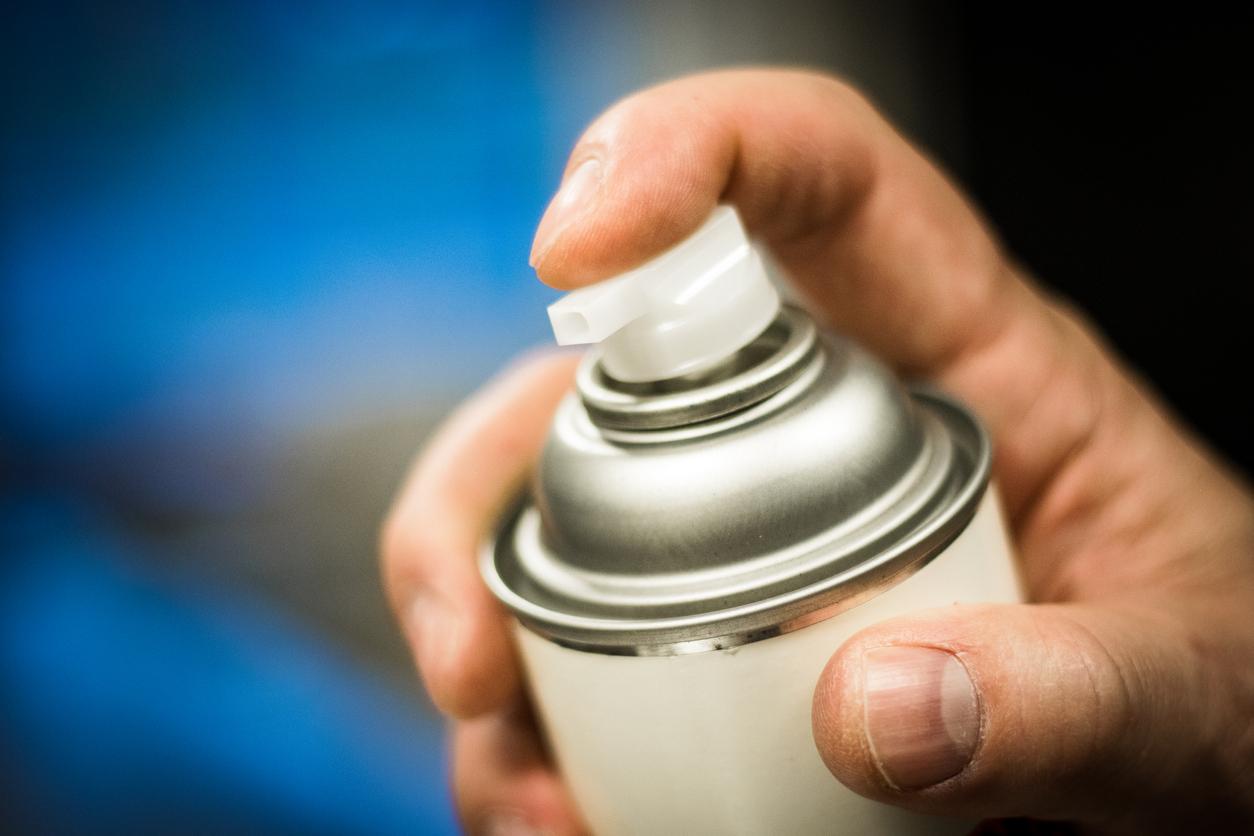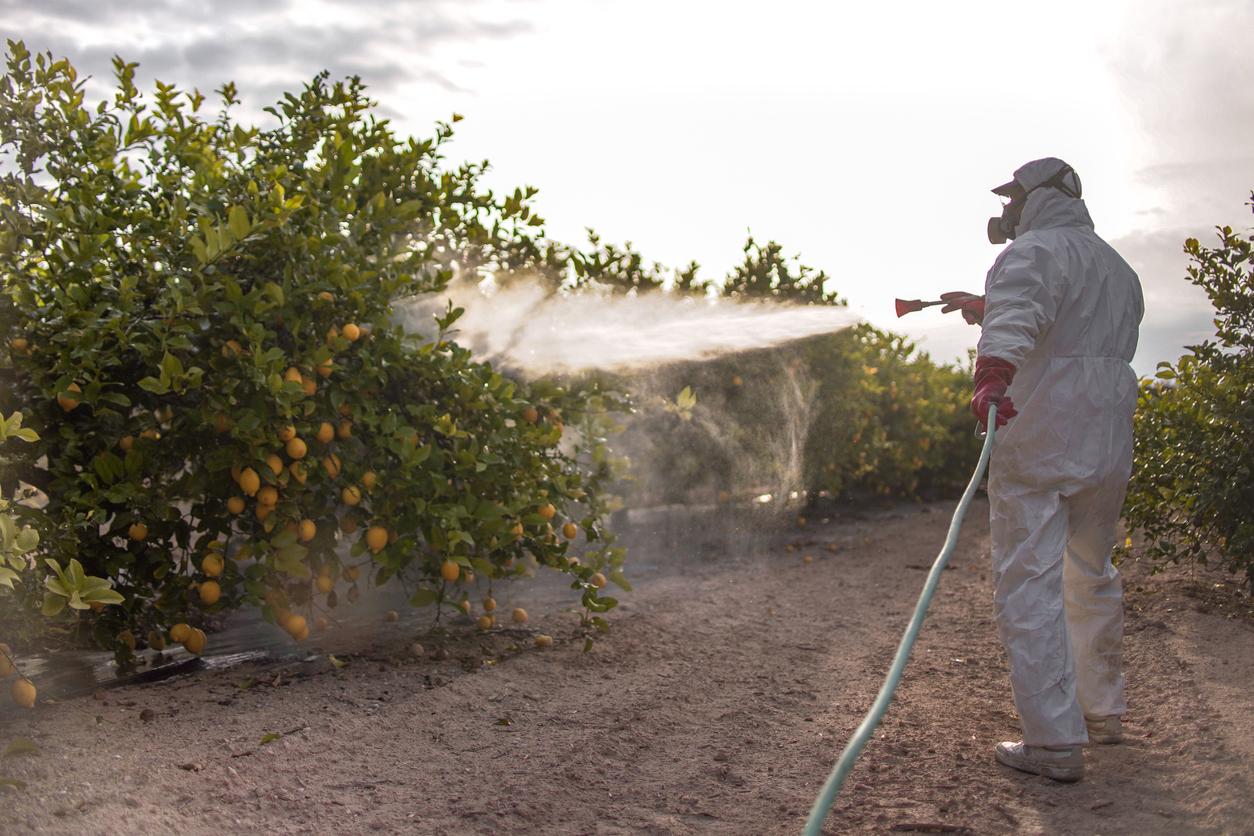The French Agency has pointed out the dangers of bisphenol A, especially for pregnant women. Europe must speak out so that its recommendations are shared.

The alert launched on April 9 by the National Agency for Food, Environmental and Occupational Health Safety (ANSES) on the risks associated with exposure of pregnant women and their children to bisphenol A (BPA ) resulted in a series of recommendations. ANSES recommends in particular that measures be taken to reduce the exposure of women handling thermal papers containing this endocrine disruptor or other compounds of the bisphenol family, in particular in the workplace.
These measures require finding alternatives to BPA (ANSES has already identified 73, some already in use or others which are at the research stage), but also a consensus at European level.
But, for the moment, Europe is more than divided on the subject of endocrine disruptors. For example, the Strasbourg Parliament adopted in March 2013 a very firm report against the use of disruptors. MEPs called on the Commission to adopt the precautionary principle to protect human health. Defenders of the cause have welcomed these conclusions but their satisfaction will have been short-lived.
The report of the European Food Safety Authority (Efsa) was to provide the criteria that make it possible to classify or not these synthetic molecules in the category of disruptors of the hormonal system. In other words, whether or not to condemn these products, as France has done, for example, with plastic baby bottles.
On arrival, none of that. “There is no specific scientific criterion defined to distinguish potential harmful effects from the assessment must be done on a case-by-case basis. compared to normal regulation of bodily functions, or “adaptive responses”, says the European Agency. Efsa proposes to classify disruptors into two categories: active endocrine substances, considered acceptable for the body, and endocrine disruptors, potentially harmful. A classification that would leave all latitude to the agri-food lobbies to guide decisions. In addition, chemicals include 800 substances.
But Efsa is also due to report on bisphenol A soon. Initially scheduled for summer 2013, this report will finally be delivered in the fall. Experts from the European Agency want to take into account the “considerable work carried out by the French Agency”, as explained by Professor Gérard Lasfargues, deputy scientific director general of ANSES.
Listen to Professor Gérard Lasfargues, Deputy Scientific Director General of ANSES: ” The Efsa experts have watched our work very carefully, praising the quality and scope. “
It remains to be seen whether the arguments put forward by France on BPA will be sufficient for those, much more economical, of industrialists?
.















